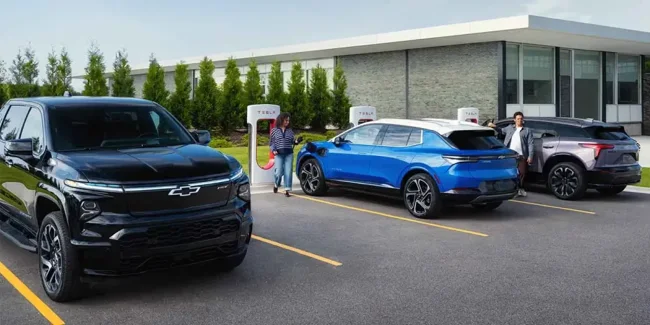The service life of electric car batteries turned out to be much longer than expected (1 photo)
Stanford University specialists, as a result of a study that lasted about two years, came to the conclusion that the estimated service life of electric vehicle batteries may be almost one and a half times longer than previously assumed. Previous methods for studying battery endurance are recognized as incorrect. 
Battery service life is currently determined by multiple successive charge and discharge cycles. As part of the study, technologists created four battery discharge scenarios, from the standard cyclical to the most dynamic, based on real-world driving data. Over the course of two years, 92 batteries currently on the market were tested under these four scenarios.
Stanford University researchers have stated that more “ragged” use of batteries with frequent stops, accelerations and braking, as well as pauses of several hours, does not lead to accelerated wear of batteries, as previously thought. On the contrary, it allows them to work longer. For example, one of the factors of battery degradation was previously called short sharp accelerations, forcing the battery to give off a large amount of energy in a short period of time. Now it turns out that such episodes, on the contrary, slow down wear.
Thus, for the average owner of an electric car, the factor of normal battery aging may be more important, rather than its wear due to the intensity of use. Also, the results of the study may affect the methodology for calculating the average cost of owning an electric car.
A number of automakers are working on the mass use of solid-state batteries - they promise a noticeable increase in the power reserve while simultaneously reducing the time required for charging. Dodge, for example, expects to begin installing such batteries in its electric cars as early as 2026.





















